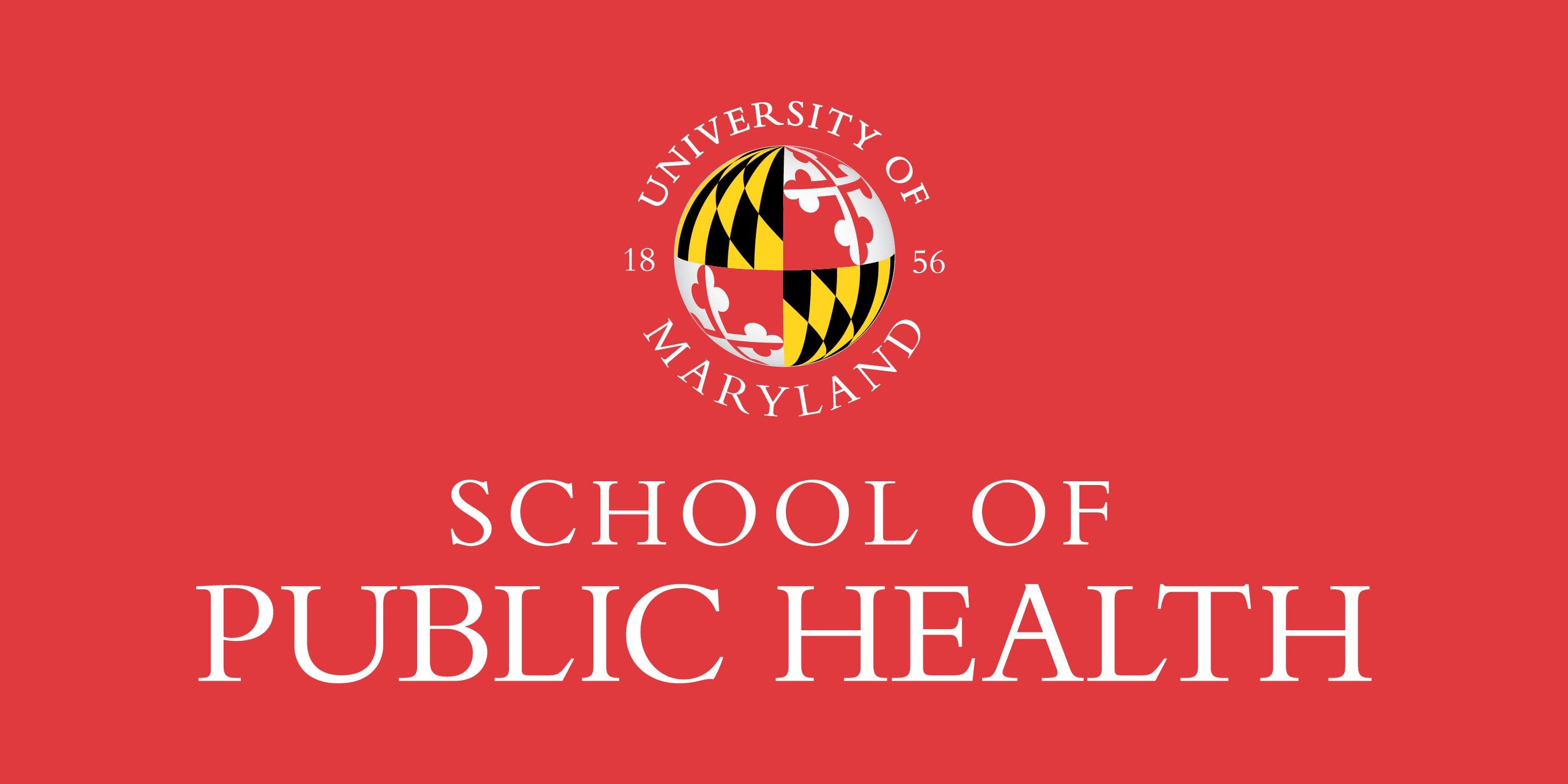
For months, I have struggled with the daily news of pain and suffering. Now, we’ve lost more than 100,000 from COVID-19, and millions have lost their jobs. Yet today, I am writing with an even heavier heart. Over the past week, we have witnessed the pain and anger stimulated by our centuries old and unresolved struggle against racism and its devastating impact on African Americans. We saw it raise its ugly head in the latest killing of George Floyd, along with the deaths of so many others in the weeks and years before. We see and hear the fear of every Black parent who fears their young son or daughter will not survive an encounter with police. We see racism’s impact in the disproportionate number of deaths from COVID-19 in African American communities. We see the effect of ongoing racism when far too many Black families who were already struggling to make ends meet are pushed closer to the edge of a cliff by the economic fallout of the pandemic. The impact of racism will be felt into the future as achievement gaps widen during the pandemic when too many Black and brown children fall further through the cracks as our school systems’ online instruction mode is predicated on having home computers, internet access, and quiet space to engage fully in learning. The burdens of race and history are now on vivid display for the world to see. So, where do we go from here: Chaos or community? This was the question asked in Dr. Martin Luther King, Jr.’s 1967 book before he was assassinated April 4, 1968. It is a challenging question we must ask ourselves today.
Addressing the enduring infection of racism is the responsibility of all of us. Maya Angelou once said, “…It is impossible to struggle for civil rights, equal rights for blacks, without including whites. Because equal rights, fair play, justice, are all like the air: we all have it, or none of us has it. That is the truth of it….” While we may not all protest in the streets, we all need to engage in actions that begin to foster positive change. Let us start by first looking into a mirror at ourselves and then look into our families and communities, our society at large, and in our government’s systems and policies. This calls for courage, introspection, a questioning mind, openness, advocacy and fearless action. The challenge we face is much more than the work of a day or a week. However, it is the work we must do together for our children and our families if we have any chance to bend the moral arc of our society toward justice. I find inspiration in music and there is no better call to action than Sweet Honey in the Rock’s ‘We Are A Nation.”
For an excellent introduction to being an antiracist, please see the National Museum of African American History and Culture’s resource Being Anti-Racist. As the chair of the Department of Family Science, I feel the pain, anguish, and rage of so many. We are committed as a department to working together to name the root cause, racism, and mount an intentional antiracist campaign that begins with all of us. For our students, we are here to listen and support you.
Sandra Crouse Quinn, PhD
Professor and Chair, Department of Family Science
Senior Associate Director, Maryland Center for Health Equity